The State of Football in Ghana: Challenges and Hopes for the Future

Football is more than just a sport in Ghana – it’s a passion that unites people from all walks of life. Whether it's street games played by kids or national matches followed by millions, football runs deep in Ghanaian culture. However, in recent years, Ghanaian football has been facing a number of challenges, leading to frustrations among fans and players alike. From poor performances on the international stage to issues with governance, the state of football in Ghana is at a crossroads. In this article, we’ll explore some of the current issues affecting Ghanaian football and what can be done to bring back the glory days.
1. Poor Performances of National Teams
One of the biggest concerns for football lovers in Ghana is the recent performance of the national teams, especially the senior men’s team, the Black Stars. Once a dominant force in African football, the Black Stars have struggled to live up to expectations in recent years. Their early exit from the 2021 Africa Cup of Nations (AFCON) was a big disappointment, and although they qualified for the 2022 World Cup, they were eliminated in the group stages, leaving fans feeling let down.
The lack of consistent success has led to questions about the future of the team. Ghana has a rich history of producing world-class players, but the current crop of players has not been able to match the achievements of past generations. Many believe that a lack of proper planning, ineffective coaching, and failure to groom young talents are some of the main reasons for the team's decline.
2. Challenges in Developing Local Talent
Ghana has always been a breeding ground for talented footballers. Many greats, like Abedi Pele, Michael Essien, and Asamoah Gyan, came from humble beginnings and went on to become household names. However, the current football system seems to be failing to develop and nurture new talent.
One of the key issues is the poor state of the local league, the Ghana Premier League. Once considered one of the best leagues in Africa, it has lost its shine due to mismanagement, lack of investment, and poor infrastructure. Stadiums are often in poor condition, there are frequent delays in scheduling matches, and players are not given the proper resources to succeed.
Additionally, many young footballers are forced to leave the country at an early age in search of better opportunities abroad, often ending up in lower leagues where they struggle to reach their full potential. This brain drain leaves the local league and national teams with fewer top talents.
3. Corruption and Governance Issues
Corruption in football administration has long been a problem in Ghana. In 2018, an explosive documentary by journalist Anas Aremeyaw Anas revealed widespread corruption within the Ghana Football Association (GFA). The documentary, titled Number 12, showed high-ranking officials accepting bribes to influence player selections, match outcomes, and sponsorship deals.
This scandal led to the resignation of the then-president of the GFA, Kwesi Nyantakyi, and the dissolution of the entire football association by the government. While a new GFA was formed and elections held, many people still feel that the governance of football in Ghana has not fully recovered. The lack of transparency and accountability continues to undermine trust in the system.
If Ghanaian football is to regain its former glory, there must be a commitment to clean up the sport's governance and create a system that prioritises the development of football over personal gain.
4. Inadequate Football Infrastructure

One of the major obstacles holding back the progress of football in Ghana is the lack of proper infrastructure. Many of the country's football pitches and training facilities are in poor condition, making it difficult for players to train at a high level. Even the country's national stadiums are not always in top shape, leading to concerns about safety and the quality of the playing surface.
For young players hoping to make it big, the lack of proper facilities can be discouraging. Grassroots football, which is essential for identifying and nurturing talent, suffers because local teams do not have access to good pitches, equipment, or coaching staff. Investing in modern infrastructure is crucial if Ghana wants to raise the next generation of football stars.
5. Women's Football Struggles for Recognition
While men’s football in Ghana faces its own challenges, women’s football is even more neglected. The women’s national team, the Black Queens, and the local women’s league struggle with limited funding, poor facilities, and a lack of media attention. Despite these obstacles, the Black Queens have shown promise, but they rarely receive the same level of support as their male counterparts.
Improving women’s football in Ghana requires more investment and attention from both the GFA and the government. This includes better salaries for female players, more sponsorship for the women’s league, and promoting the sport at the grassroots level. With the right support, Ghanaian women’s football has the potential to grow and thrive.
6. Hope for the Future: Investing in Youth Development
Despite these challenges, there is hope for the future of Ghanaian football. One of the solutions to the current issues is investing in youth development programs. Ghana has immense talent at the youth level, and with proper training, coaching, and resources, young players can grow into world-class stars.
The country has seen some success with its Under-17 and Under-20 teams, winning various continental and international trophies in the past. However, these successes have not always translated to success at the senior level. A more structured approach to youth football, where young talents are supported throughout their journey, could lead to long-term success for both the local league and the national teams.
Conclusion: Rebuilding Ghanaian Football

Ghanaian football is at a critical point. Fans are desperate for a return to the glory days, but this won’t happen without major reforms. The challenges are clear: poor performances by national teams, mismanagement of local football, corruption in administration, lack of infrastructure, and neglect of women’s football.
However, by focusing on youth development, improving governance, investing in football infrastructure, and giving both men’s and women’s football the attention they deserve, Ghana can rebuild its football legacy. Football in Ghana is more than a game – it’s a source of pride, joy, and unity. With the right steps, the Black Stars and Ghanaian football as a whole can rise again.
 blogpay
blogpay





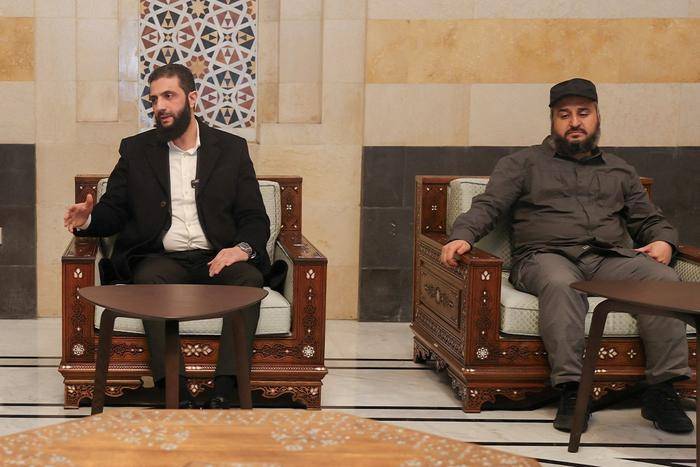





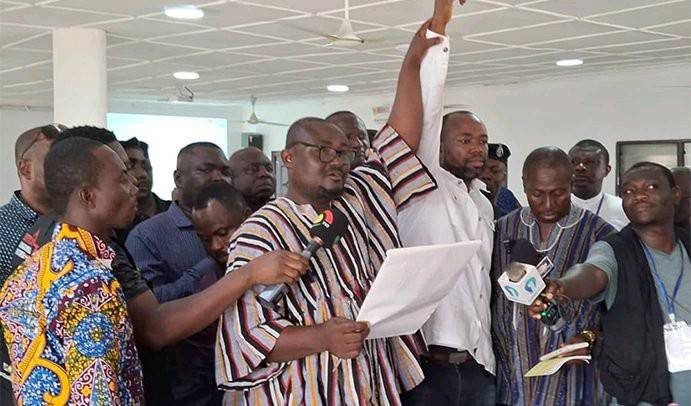




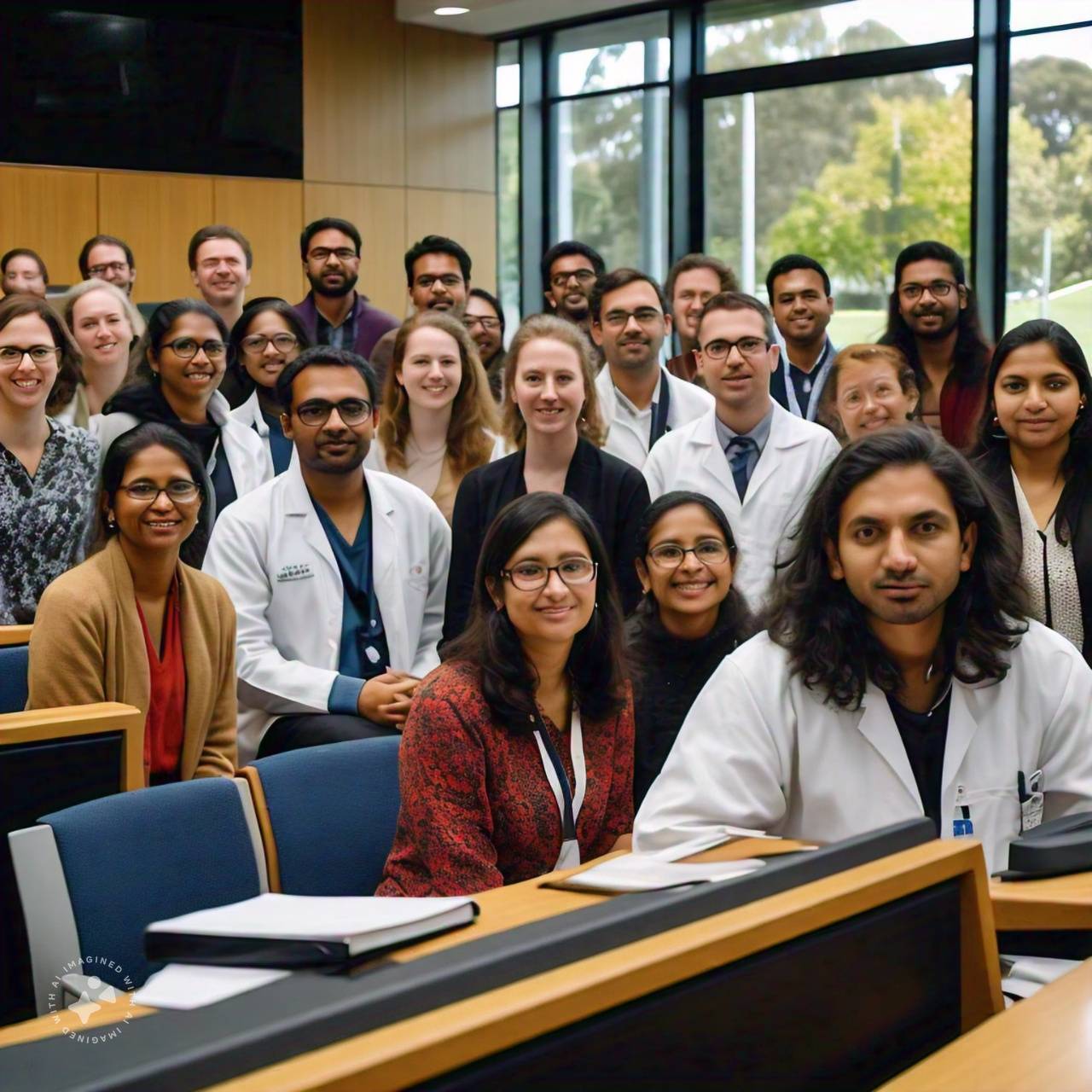



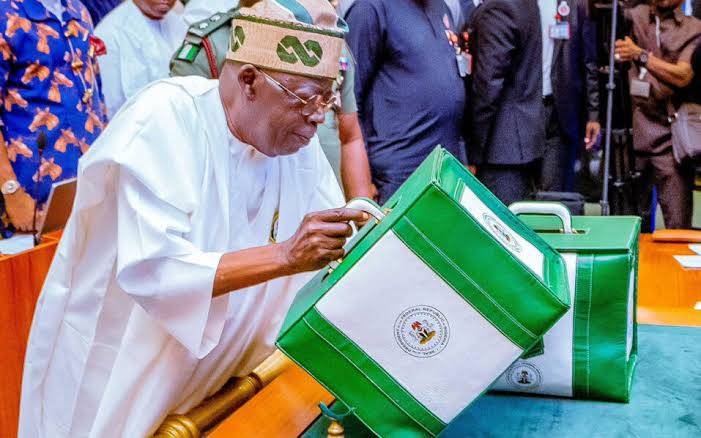
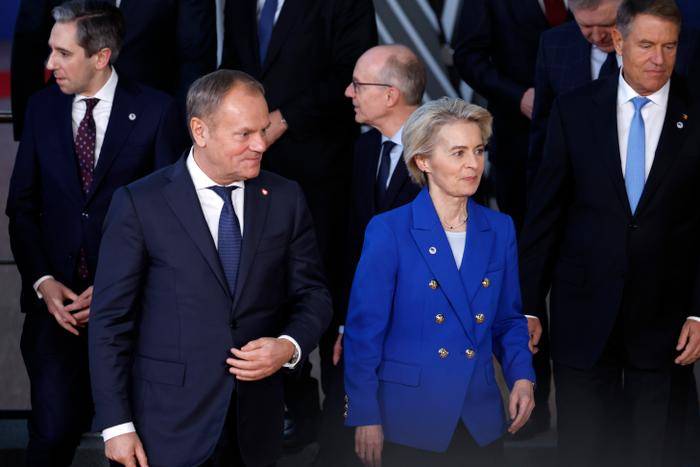

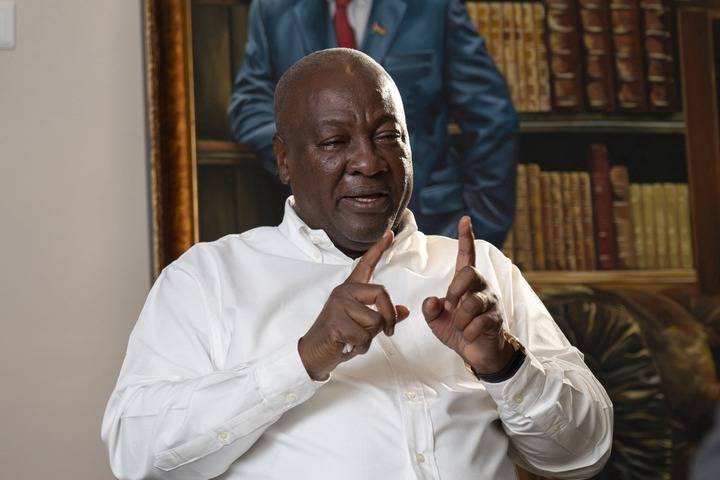

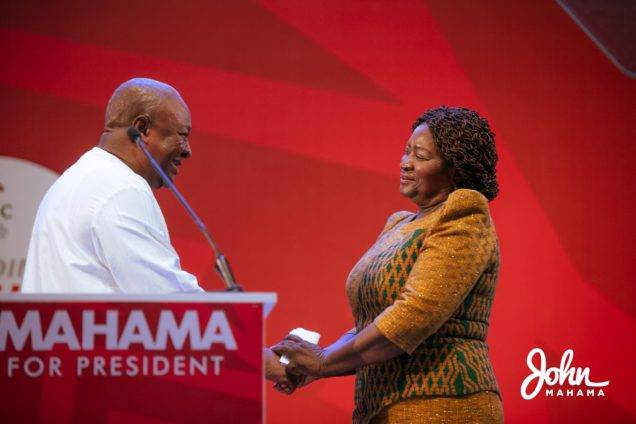


Total Comments: 0